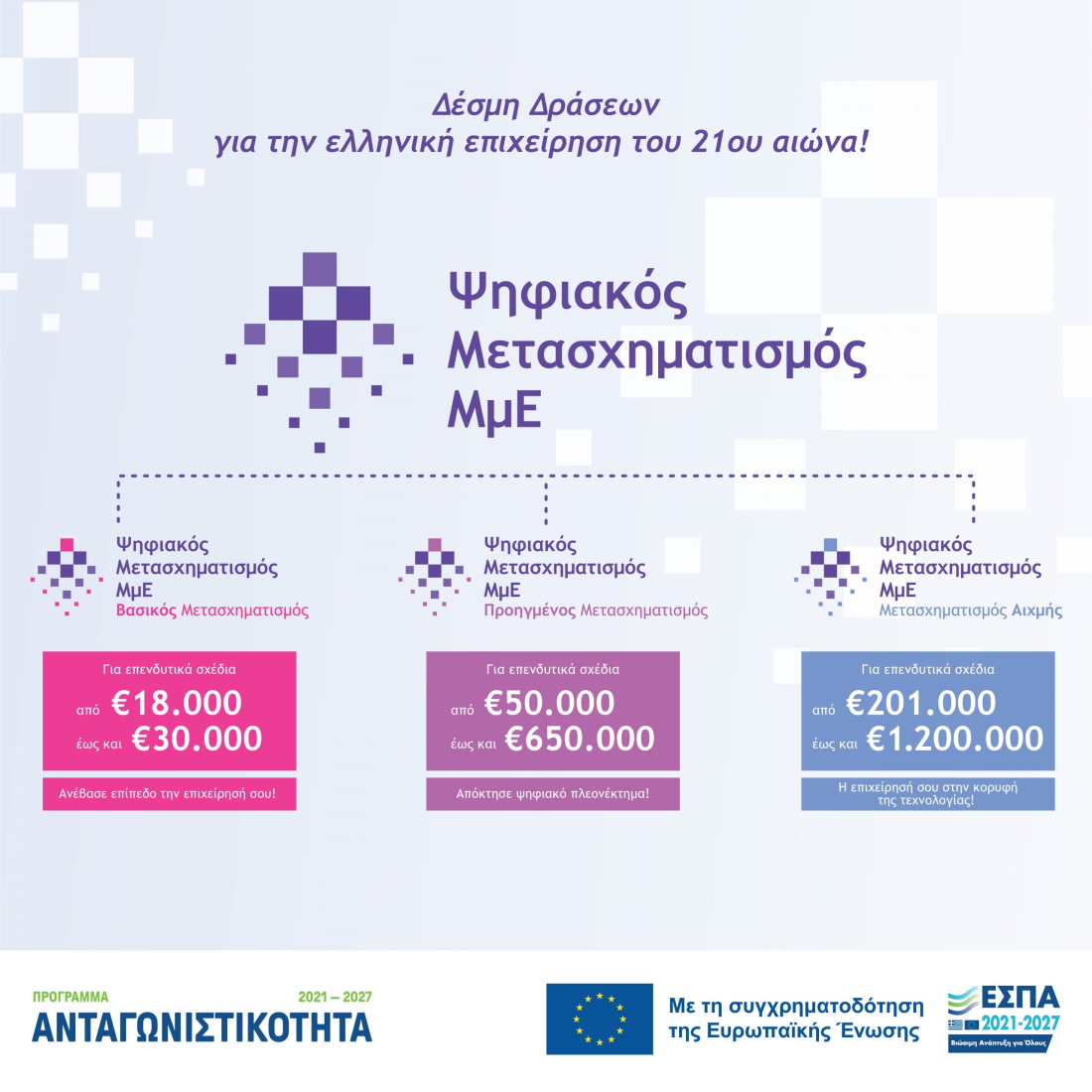
European Union and VAT regime
Τα έσοδα των επιχειρήσεων από το καθεστώς ΦΠΑ αποτελούν ένα μεγάλο έσοδο για την Ευρωπαϊκή Ένωση το οποίο αυξάνεται σημαντικά. Το 2015 τα έσοδα από το ΦΠΑ για την Ε.Ε. ξεπέρασαν το 1 τρισεκατομμύριο ευρώ, ποσό που αντιστοιχεί στο 7% του ΑΕΠ της Ε.Ε.
However, despite many reforms, the VAT regime has not been able to keep pace with the challenges of today's global, digital and mobile economy. The current VAT system dates back to 1993 and was intended to be a transitional system. It is fragmented and too complicated for the growing number of businesses operating across borders. But it leaves the door open to fraud. Domestic and cross-border transactions are treated differently and goods or services can be purchased without VAT in the Single Market.
Totally more than 150 billion euros is being lost. VAT every year. Member States are losing revenue that could be used for schools, roads and healthcare. It is estimated that around EUR 50 billion will be spent on this. Euros - or €100 per EU citizen each year - are due to cross-border VAT fraud. This money can be used to finance criminal organisations, including terrorism.
Commission proposals and VAT arrangements
With today's package, the Commission proposes to fundamentally change the current VAT regime. It will tax sales of goods from one EU country to another in the same way as goods are sold in individual Member States. This will create a new and definitive VAT system for the EU.
It is estimated that the figure of EUR 50 billion is not enough. The euro due to cross-border fraud will be reduced by 80% thanks to the proposed reform.
Σύμφωνα με τις προτάσεις της Επιτροπής, ο ΦΠΑ θα χρεωθεί τώρα για το διασυνοριακό εμπόριο (ενδοκοινοτικό) μεταξύ επιχειρήσεων. Currently, this type of trade is exempt from VAT. It provides an easy loophole for relentless businesses to collect VAT and then disappear without handing over the money to the government.
It will be simpler for companies selling cross-border to deal with their VAT obligations, thanks to a "One Stop Shop". Merchants will be able to make declarations and payments using a single online portal in their own language and in accordance with the same rules and administrative standards as in their own country. Member States will then pay VAT directly, as is already the case for all sales of e-services.
Principle of 'destination'
The Commission also proposes to apply the 'destination' principle, whereby the final amount of VAT is always paid to the Member State of the final consumer and is charged at the rate of that Member State. This is a long-term commitment by the European Commission, with the support of the Member States. It has already been applied to the sale of electronic services.
The proposal provides for the simplification of invoicing rules by allowing sellers to issue invoices in accordance with the rules of their country. It applies even when cross-border transactions are carried out (intra-Community transactions). Companies will no longer be obliged to draw up a list of cross-border transactions (intra-Community transactions) for their tax authority (the so-called 'recapitulative statement' (VIES)).
Today's proposal also introduces the concept of a certified taxable person. A category of reliable business that will benefit from much simpler time-saving rules.
The legislative proposal will be sent to member states in the Council for agreement and to the European Parliament for consultation. The Commission will follow this initiative in 2018 with a detailed legal proposal to amend the technical so-called 'VAT Directive' so that the definitive VAT regime proposed today can be implemented smoothly.
Radical reform
Watch the video published by the European Commission on the proposal for a radical reform of the VAT system
Η European Commission προτείνει ριζική μεταρρύθμιση του συστήματος ΦΠΑ της #EU. In total, more than EUR 150 billion is available. Euros of VAT are lost every year. This means that Member States have lost revenue that they could use for schools, roads and healthcare. Of this amount, approximately EUR 50 billion is still available. Euro – or €100 per EU citizen per year – is estimated to be caused by cross-border VAT fraud. Μάθε περισσότερα: http://europa.eu/!pW97hw #FairTaxation EU Finance Pierre Moscovici Δημοσιεύτηκε από Ευρωπαϊκή Επιτροπή στην Ελλάδα στις Τετάρτη, 4 Οκτωβρίου 2017.




